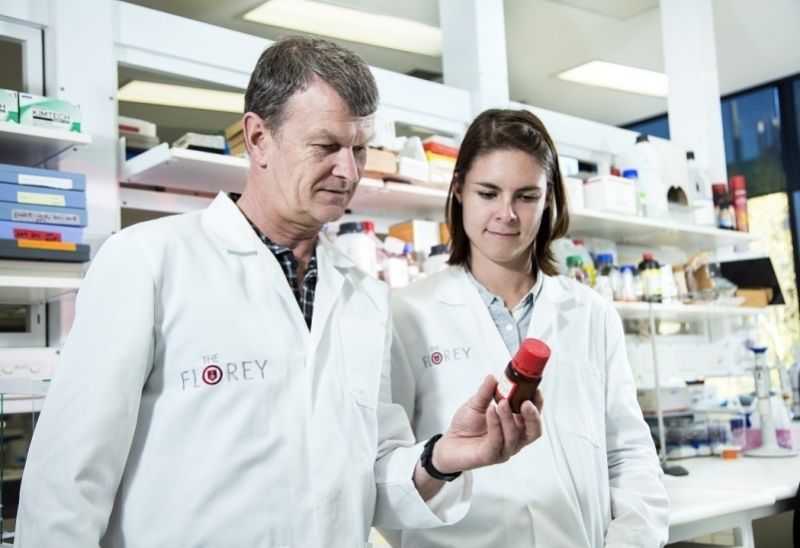
Researchers at The Florey Institute of Neuroscience and Mental Health and St Vincent’s Hospital in Australia have commenced a clinical trial of Belsomra (suvorexant) for the prevention of alcohol intake and alcohol use disorder relapse.
Belsomra is manufactured by MSD. It is currently used to treat insomnia in the country.

Discover B2B Marketing That Performs
Combine business intelligence and editorial excellence to reach engaged professionals across 36 leading media platforms.
The new double-blinded trial will assess the drug in 128 patients with co-occurring insomnia and alcohol use disorder.
The Florey Institute professor Andrew Lawrence said: “Over 155,000 Australians are hospitalised each year from alcohol use disorder. Yet despite the significant social and economic burden of this disease, no new treatments have been approved in Australia in over two decades.”
For more than 15 years, Lawrence and his team have been exploring the brain mechanisms associated with alcohol use disorder. Researchers discovered that the orexin peptide system in the brain drives alcohol use relapse.
They believe that Belsomra could help in the integrated treatment of alcohol use disorder and co-occurring sleep disorder.

US Tariffs are shifting - will you react or anticipate?
Don’t let policy changes catch you off guard. Stay proactive with real-time data and expert analysis.
By GlobalDataThe drug works by inhibiting the binding of orexin in the brain parts related to addiction. It also acts on the amygdala region of the brain linked to mood disorders such as depression and anxiety.
Lawrence added: “The orexin system demonstrates just how complicated addiction can be. We know that chronic intake of alcohol greatly disrupts sleep and wake patterns which, in turn, can drive the brain to further seek and consume alcohol.”
During the clinical trial, researchers will monitor sleep measures, along with alcohol withdrawal symptoms and ongoing alcohol use.
Participants will receive Belsomra or placebo daily for seven to ten days in the hospital, followed by treatment and monitoring for up to six months.
Based on the trial results, researchers hope to study the drug in larger populations and other types of substance abuse.





